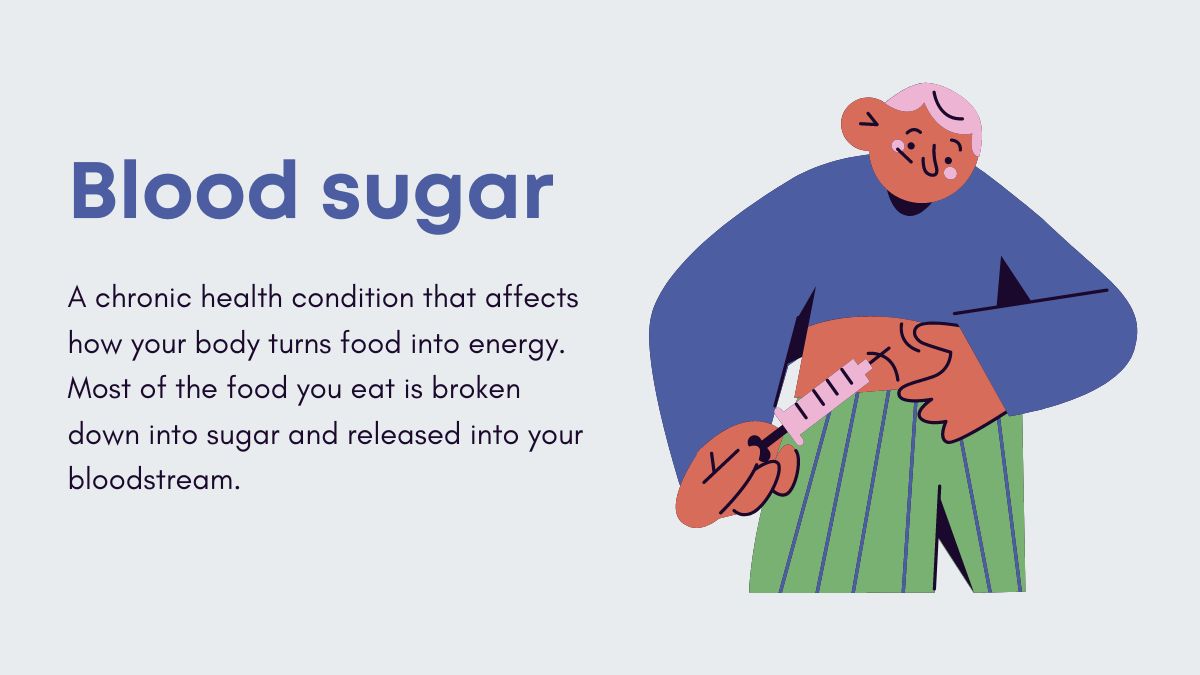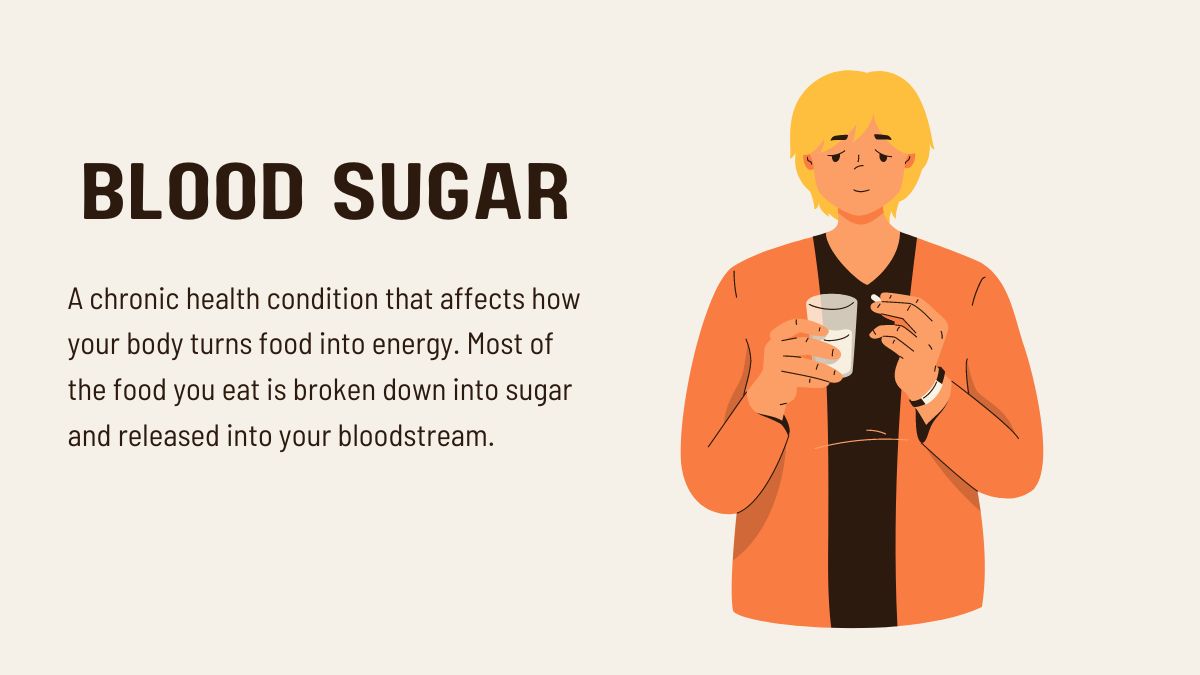- By Priyanka Munshi
- Thu, 25 Apr 2024 09:15 AM (IST)
- Source:JND
With consistent effort and discipline, it is possible to naturally lower your blood sugar levels. The first step is to follow a balanced diet that is high in whole grains, lean proteins, fruits, and vegetables while being low in refined sugars and carbs. Secondly, engage in regular exercise such as cycling or swimming most days of the week, and aim to walk for at least 30 minutes a day. This will improve your glucose utilization and insulin sensitivity. Additionally, managing stress through techniques like meditation, yoga, or deep breathing can help control blood sugar levels.
Adequate sleep is also crucial, as insufficient sleep can lead to insulin resistance and disrupt hormone balance. These simple strategies can assist in managing blood sugar effectively.
Weight Management
Did you know that just a 7% weight loss can reduce your risk of diabetes by 58%? Certainly, modifying one's lifestyle to include more exercise and weight management may be more effective than prescribed medication, according to NIH.
Manage Stress
Stress elevates cortisol and glucagon levels, directly affecting blood glucose levels. Regular exercise, mindfulness meditation, and relaxation techniques can lower blood glucose and stress levels. For individuals with chronic diabetes, yoga and mindfulness meditation may aid in insulin secretion problems.

The first step to lowering your blood sugar level is to have a balanced diet that is high in whole grains, lean proteins, fruits, and vegetables. (Image Credit:Canva)
Stay Hydrated
By flushing out excess sugar from the urine, daily water consumption lowers the risk of hyperglycemia, high blood sugar, and diabetes.
Also Read: Expert Lists Dental Hygiene Tips For Infants And Toddlers
Ensure Adequate Sleep
Insufficient sleep can impact blood sugar, insulin sensitivity, and hunger. It's crucial to get sufficient sleep daily, as individuals who are sleep-deprived release growth hormones and cortisol, which are crucial for blood sugar control, according to NIH.

Lifestyle changes can improve glucose utilization and insulin sensitivity while also preventing insulin resistance and disrupting hormone balance.(Image Credit:Canva)
Exercise Regularly
Regular exercise prevents insulin insensitivity by enhancing insulin sensitivity, resulting in reduced blood glucose levels and improved cellular sugar uptake. Various exercises, such as swimming, weightlifting, walking, and jogging, are available, according to NIH.
Drink Aloe Vera Juice
Patients with prediabetes and untreated diabetes may benefit from aloe vera, experiencing improvements in weight reduction, hemoglobin A1C levels, and blood sugar levels.
(Disclaimer: This article is for informational purposes only. It is not a substitute for professional advice, diagnosis or treatment.)

